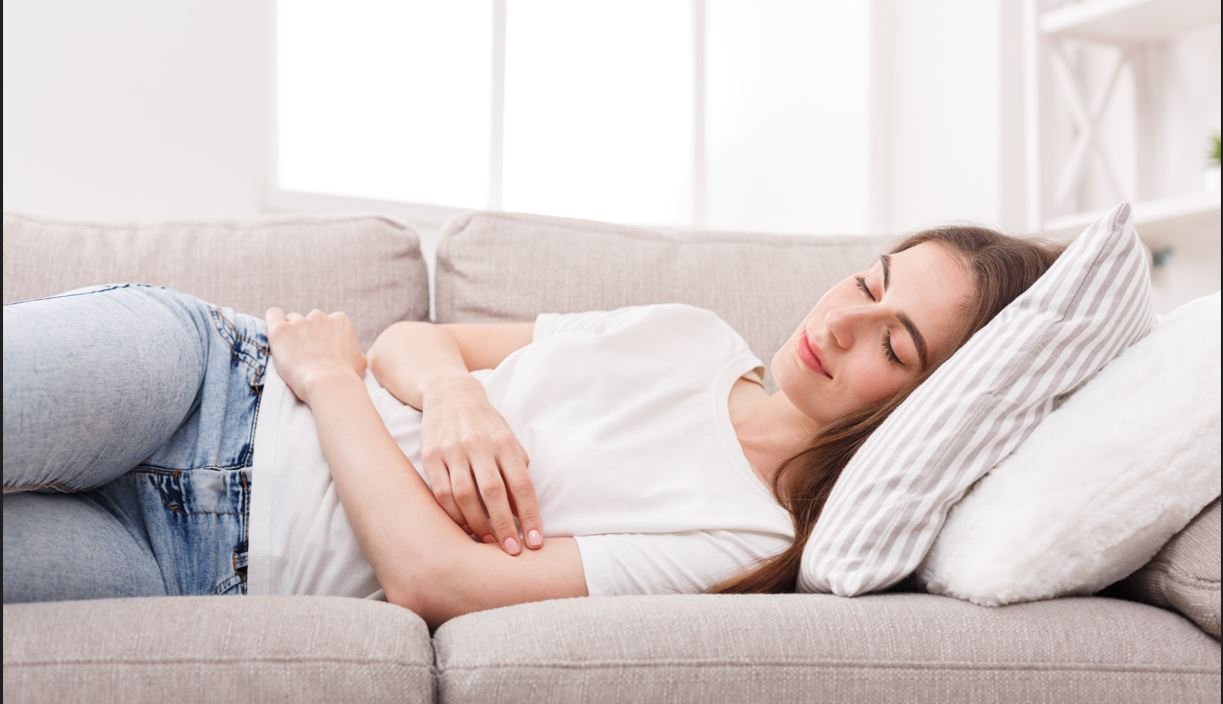“More than 85% of mammalian species are polyphasic sleepers, which means they sleep for short periods of time during the day” The National Sleep Foundation claims. Most of the time, our day is split into two parts: wakefulness and sleepiness.
People are in the group of mammals that take naps every day, as shown by the figure. Humans may be the only species that doesn’t get enough sleep; about 40% of us don’t get the suggested 7 hours per night. This makes us different from most other mammals.
Napping, which means taking short breaks of no more than 90 minutes, can’t make up for lost sleep, but it can improve our health, well-being, and happiness.
Healthy Napping
You might not know that they are split into three groups: emergency, routine, and preparation. The best way to nap is to do it every day at the same time. This is called habitual napping.
Because you have to plan them ahead of time, they are good for people who know they will be awake for a long time. As we’ve seen from work-related accidents, taking an emergency nap or falling asleep out of the blue is not healthy at all.
The National Sleep Foundation (NSF) says that 20–30 minute naps can help you stay awake and do better at work. Sleep inertia, or feeling sleepy after waking up, can happen after any sleep lasting 30 to 60 minutes. No matter what, a nap that lasts between 20 and 60 minutes is usually a good idea. Here are The 15 Benefits of Napping :
1. You’re happier
A “happy boost” in the afternoon seems to happen more often for people who take a 30-minute or shorter nap in the middle of the day than for people who sleep longer than that or don’t nap at all.
2. You can beat the slump.
The “slump” in our circadian cycle around 3 p.m. is a genetic glitch. Harvard University says that taking a nap is a good way to get out of this slump.(“Yes, it’s better than coffee!”)
3. You make fewer mistakes.
The NSF says that naps help people do their jobs better, make fewer mistakes, and avoid accidents.
4. You’ll perform better.
When pilots and astronauts took a 40-minute nap, a NASA study found that they were 34% and 100% more productive and sharp, respectively.
5. You get a memory boost.
People in college, pay attention. German researchers at Saarland University discovered that a 45–60 minute nap made people 500% better at remembering things. Go to your rack!
6. You’re more creative.
No, napping is not a mindless thing to do. In fact, studies have shown that the creative and “whole picture thinking” part of the brain talks to itself.
7. You’re more heart-healthy.
A study from the Harvard School of Public Health and the University of Athens Medical School (Greece) found that people who nap for 30 minutes or more at least three times a week have a 37% lower chance of dy*ing from heart disease.
8. You’ll eat less junk food.
A study from UC Berkeley found that not getting enough sleep hurts the prefrontal cortex (PFC) of the brain. The PFC is in charge of making decisions and controlling emotions. It’s clear that any PFC problem makes it harder to avoid temptations, like junk food.
9. You feel fuller.
Ghrelin is the “hunger hormone,” and when you sleep, your body makes less of it. On the other hand, a different study shows a connection between not getting enough sleep, having too much ghrelin, and being overweight. Some researchers think that taking naps regularly may make you feel fuller.
10. You will argue less.
Arguments happen more often between people who don’t get enough sleep than between people who do.
11. You decrease the risk of injury.
The Centres for Disease Control and Prevention (CDC) and the National Highway Traffic Safety Administration (NHTSA) say that people who don’t get enough sleep are more likely to have a terrible ac*cident at work, in a car, or in the hospital. A short 30-minute nap could very well save your life.
12. You’re more productive
Psychotherapist James Mass from Cornell University came up with the word “power nap,” and more and more businesses are starting to allow employees to do it. Why? Because the numbers show that taking naps makes you more productive and better at what you do.
13. You defend against burnout.
The National Institutes of Health (NIH) say that a short nap can help with mental fatigue and too much knowledge. The National Institutes of Health also found a direct link between sleeping and better brain function.
14. You’re helping your workplace.
Nike and Deloitte Consulting both give their workers bonuses for adding a midday nap to their lists of things to do. Nike, Deloitte, and other companies are aware that workers today are working longer hours and sleeping less.
“Powering through” work by not taking breaks and working longer hours “isn’t good for the individual or the organisation,” says Michael Christian, a professor of behaviour at UNC.
15. You have better judgement.
Your frontal lobe is in charge of everything that has to do with making choices. Not getting enough sleep makes it harder to control your impulses, which can make you make worse choices than when you were fully rested. We can take back control after a 30- to 60-minute nap.
Courtesy; powerofpositivity.com
